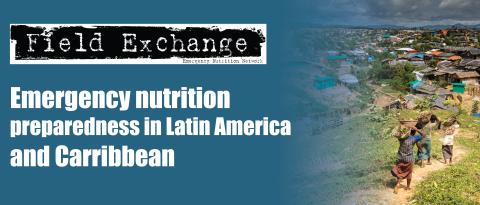Guidelines for the management of pregnant and breastfeeding women in the context of Ebola virus disease
The Democratic Republic of Congo (DRC) is currently experiencing the second largest Ebola outbreak in history, following a 2014-2016 outbreak in western Africa that had an estimated 28,000 cases. Investigational treatment and vaccination trials are ongoing, but data in the context of pregnancy and breastfeeding are limited. A paucity of scientific evidence exists on how to best treat pregnant or breastfeeding women with suspected or confirmed Ebola virus disease (EVD). Historical reports suggest that, among women who acquire EVD during pregnancy, there is increased mortality and morbidity, and a near 100% rate of adverse pregnancy outcomes. To save the lives of mothers and their babies, mitigate complications, and limit the spread of disease, it is critical that recommendations are made on the prevention, treatment, and surveillance of women who are exposed to EVD, acquire EVD during pregnancy or breastfeeding, or survive EVD with ongoing pregnancies.
In response, the World Health Organization (WHO) recently released guidelines for the management of pregnant and breastfeeding women in the context of Ebola Virus Disease (EVD).1 These guidelines are the first to provide such recommendations. They also cover the surveillance and management of ongoing pregnancies and adverse pregnancy-related events, the handling of bodily and pregnancy-related fluids during acute maternal infection and following recovery, and the management of subsequent pregnancies in Ebola survivors. These guidelines will be of interest to health policy makers, emergency preparedness and response teams, and healthcare providers who work with pregnant or breastfeeding women in the context of Ebola.
Specific recommendations cover six topics: (i) the management of acute EVD in pregnant women, (ii) the management of pregnancies in women who develop EVD during pregnancy and those who survive EVD with an ongoing pregnancy, (iii) infection prevention and control (IPC) measures for pregnant women with acute EVD or who have recovered from EVD with ongoing pregnancies (with conception prior to EVD), (iv) IPC for women who become pregnant after recovering from EVD (with conception after EVD), (v) breastfeeding women with acute EVD or who have recovered from EVD, and (vi) vaccination recommendations for pregnant women who are at risk of acquiring EVD.
Download the full guidelines from: https://apps.who.int/iris/handle/10665/330851
Endnotes
1Guidelines for the management of pregnant and breastfeeding women in the context of Ebola virus disease. Geneva: World Health Organization; 2020.


